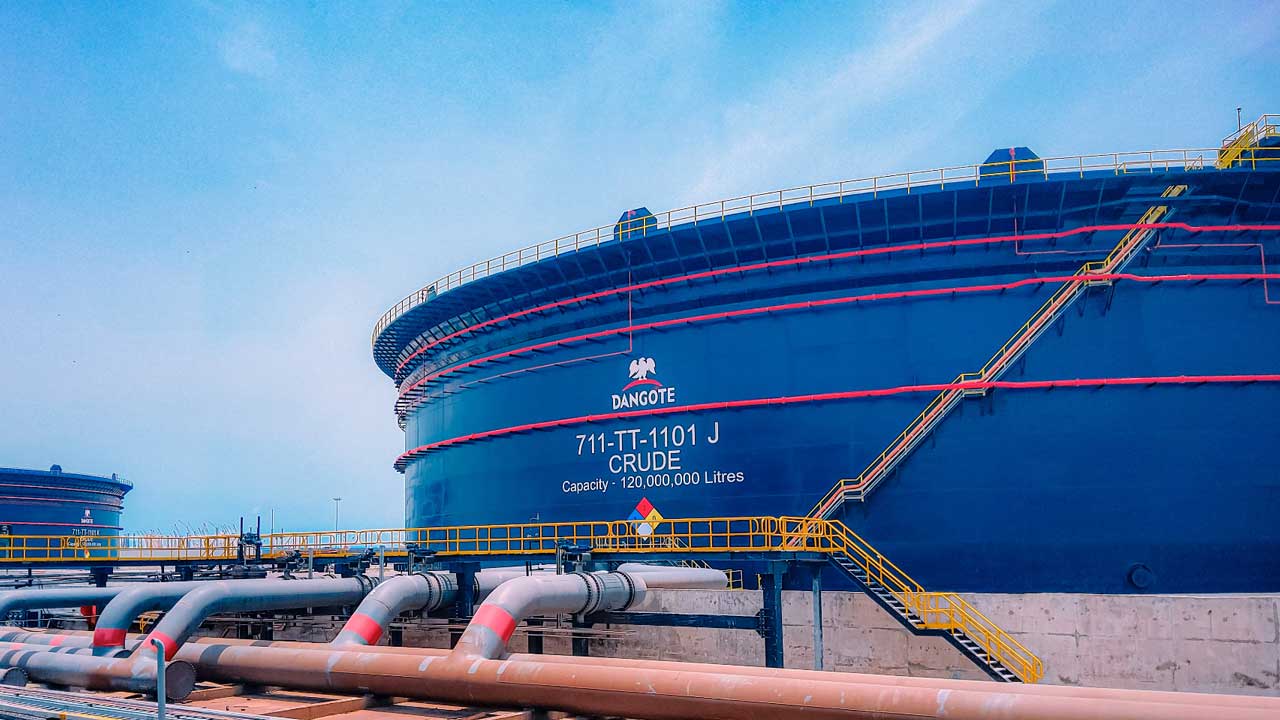
Considerations: Living in Close Proximity to the Dangote Refinery
While the upcoming launch of the Dangote Petroleum Refinery presents significant economic opportunities and growth prospects, it is essential to consider the potential drawbacks of residing in close proximity to such a massive industrial facility. In this blog post, we will discuss some of the factors that make living near the refinery less advisable. Understanding these considerations can help individuals make informed decisions about their choice of residence and ensure their well-being and quality of life.
- Environmental Impact: Living in close proximity to an operational refinery entails exposure to various environmental factors. Refineries emit air pollutants, including volatile organic compounds, particulate matter, and sulfur dioxide, which can have adverse effects on air quality. Prolonged exposure to these pollutants may lead to respiratory issues, allergies, and other health concerns. Additionally, refineries produce noise and vibrations that can disrupt the tranquility of nearby residential areas.
- Safety Concerns: Refineries involve complex processes and handling of hazardous materials. While every effort is made to maintain safety standards, the possibility of accidents cannot be entirely eliminated. Living in close proximity to a refinery increases the risk of exposure to potential accidents, such as fires, explosions, or chemical leaks. These incidents can pose immediate threats to life and property, emphasizing the importance of considering safety when choosing a residential location.
- Traffic Congestion: The operation of a refinery necessitates transportation of raw materials and finished products, leading to increased traffic in the surrounding areas. Heavy trucks, cargo vehicles, and other industrial traffic can cause congestion on roadways, leading to longer commute times, noise pollution, and potential road safety concerns. Living near a refinery might mean dealing with frequent traffic disruptions, especially during peak operational periods.
- Limited Residential Amenities: Industrial facilities like refineries are primarily designed to support their operational needs, and as a result, residential amenities and services in the immediate vicinity may be limited. Essential facilities such as schools, healthcare centers, recreational areas, and shopping centers may not be as easily accessible as they would be in other residential areas. This lack of nearby amenities can inconvenience residents and require longer travel distances for daily necessities.
- Potential Property Depreciation: Living in proximity to an industrial facility, especially one as significant as the Dangote Refinery, may impact property values negatively. Some individuals may be reluctant to purchase or rent properties close to a refinery due to the aforementioned environmental and safety concerns. This reduced demand can potentially lead to lower property values and limited appreciation over time, affecting homeowners’ investment prospects.
Conclusion: While the Dangote Refinery represents a remarkable advancement for Nigeria’s economy, it is essential to carefully consider the implications of living in close proximity to such an industrial facility. Factors such as environmental impact, safety concerns, increased traffic, limited residential amenities, and potential property depreciation should be taken into account when deciding on a residential location. Balancing the economic opportunities with personal well-being and quality of life is crucial. Individuals must evaluate their priorities, assess the potential risks and drawbacks, and make informed choices that align with their needs and preferences.


